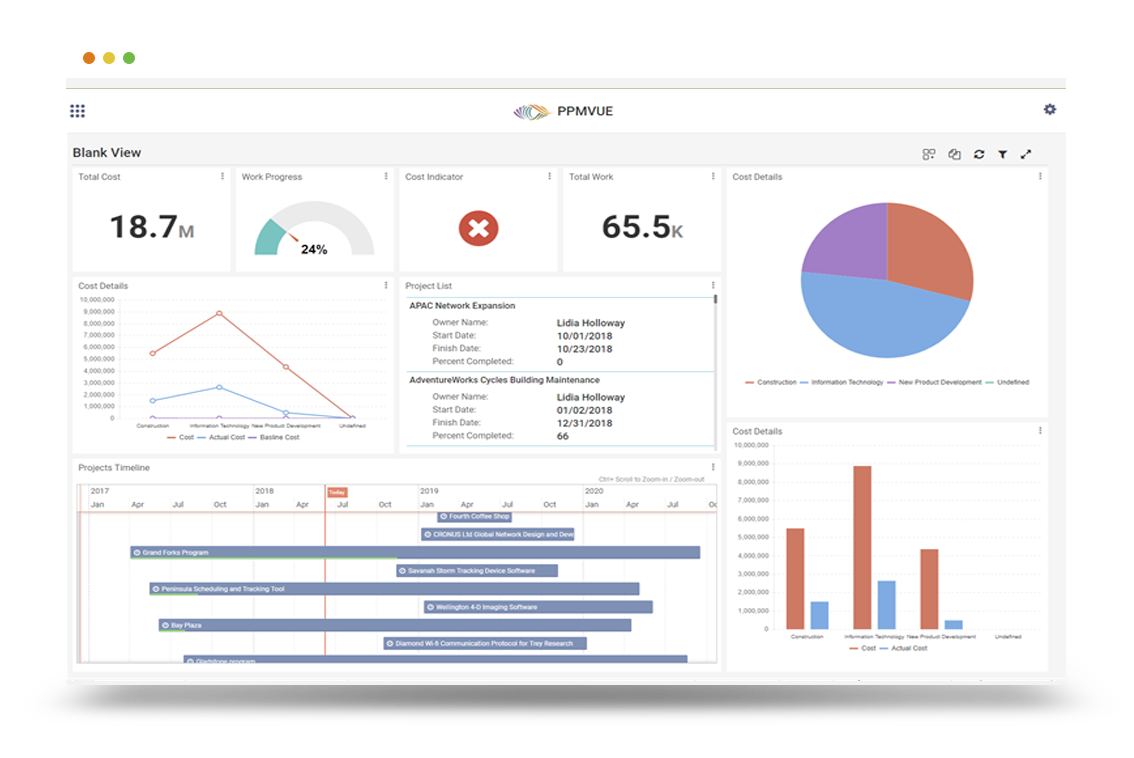The number one thing every experienced and professional project manager knows is that COMMUNICATION is of utmost importance. It is the heart of a healthy and successful project. This element of project management is a skill that requires continual improvement on a day-to-day basis while working with the manager to achieve the common goal of a successful project. According to the Project Management Institute (PMI), a project manager should spend 90 percent of their time communicating! What they didn’t tell you is that most of the communication is with managers and/or sponsors.

As an efficient and capable project manager, you have done your due diligence to ensure that your project is successful. The charter has been signed, kick off meetings have taken place, requirements have been clearly established, potential risks have been identified, and all seems to be well going into execution. Then it happens. You find yourself caught between a rock and a hard place because the resource manager who plays a vital role in the project, is not forthcoming on project activities and is not cooperating in fulfilling necessary requirements. You want to say to the manager:” Help me help you.’ By working more constructively with me, I can help you and the project be successful.” How do you get past this hurdle? How do you tactfully manage this potential risk to the success of your project? The answer is not an easy one, but it starts with effective communication.
This fact may be obvious to project managers, but unfortunately, that is not always the case for other team members, especially managers that are not familiar with project management principles and thereby miss the opportunity to see the value in project management as a discipline. This can be problematic and frustrating. Without sound communication of all the intricate details of a project, the project will experience issues such as missed deadlines for milestones, ineffective risk management, and the one thing we all dread – SCOPE CREEP. Again: ‘“Help me, help you” keep the project on track!’
However, through my years of experience as a project management professional, I have come to see this problem as an opportunity. Yes, you read correctly. I believe that experiencing an uncooperative or unresponsive manager on a project can be an opportunity – to strengthen one’s professional experience, share acquired knowledge, and building a great working relationship. As the person entrusted to manage a project, you must lead the manager in the direction that supports the project’s success. Just like any other risk identified on a project, dealing with an uncooperative team member must be addressed with precision and clarity. Do not shy away from addressing the issue because it will simply escalate and ultimately jeopardize the project. “Help Me, Help You” be successful!’ Below are a few tips that will help you tackle this issue when encountered:
- Acknowledge that the team member is an asset to the project –This eliminates any defenses that the manager may have. Making them feel valued would make it easier for your input to be received.
- Be direct and talk about the elephant in the room – when addressing the problem, be firm but respectful. Do not result in personalizing the message, but rather, help the manager see the impact his/her actions has on the project as whole.
- Bring the individual into your world – Go a step further by exposing the manager to how projects are managed. Get the manager to buy in on what you (the PM) bring to the table and how it benefits them. This would make them be more forthcoming in following the process set in place to execute the project.
- Emphasize on the importance of the team working as a unit – reiterate the importance of how everyone being on the same page ultimately benefits the project team. When the project team openly communicates, the unit functions as it should, and the project is more apt to be successful.

As the old saying goes: “Teamwork makes the dream work”. When you see the manager communicating and on the right track, it’s important to acknowledge them and to reiterate how this is benefiting the project. Also, acknowledge the manager in the presence of their peers and/or manager. The ultimate goal is to achieve the project’s objectives, so set the tone and direction you want your project to head and lead the manager to a successful project completion. It is possible. You can do it!
For more information on how we can help you and your project management team, send us an email
If you are looking to kick start your project management journey, sign up for our Microsoft Training Classes. We hope you find this blog post helpful. For more tips and tricks on Project Management, follow us on LinkedIn and Instagram

